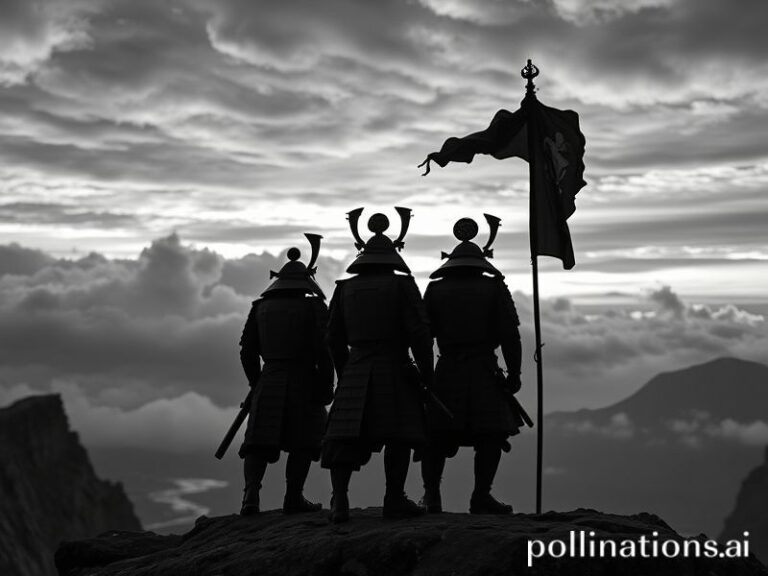OG Trailer Phenomenon: How 90-Second Movie Teasers United a Distracted Planet
**The OG Trailer: Humanity’s 90-Second Attention Span Goes Global**
In a world where nuclear powers can’t agree on basic facts and climate change is apparently negotiable, humanity has finally found something we can all share: the compulsive need to watch grainy footage of movies that don’t exist yet. The “OG trailer”—that first tantalizing glimpse of a blockbuster still wet with digital paint—has become our universal language, spoken fluently from Mumbai to Minneapolis, from Lagos to London.
These bite-sized propaganda films for entertainment products have evolved into a peculiar form of global currency. When the latest Marvel trailer drops at 3 AM Pacific Time, insomniacs across seventeen time zones simultaneously reach for their devices like participants in some dystopian synchronization drill. The Japanese businessman on his morning commute, the Brazilian student avoiding homework, the Norwegian farmer checking prices—all united in their devotion to 150 seconds of carefully curated spoilers set to ominous music.
The international significance cannot be overstated. While the UN struggles to coordinate responses to actual crises, trailer releases operate with military precision. Studios now employ analytics that would make intelligence agencies blush, tracking micro-expressions across demographics that span continents. They’ve discovered that Germans prefer their explosions more methodical, the Chinese market responds favorably to specific color palettes, and Brazilians will forgive absolutely anything if you include a shot of Christ the Redeemer.
This global phenomenon has spawned its own shadow economy. In countries where official releases are delayed by bureaucratic whim or corporate strategy, black market trailer dealers operate like digital speakeasies. Somewhere in Russia, a teenager with four monitors and questionable ethics is Russia’s primary source for leaked footage, operating under the delusion that he’s fighting capitalism by providing early access to… capitalism.
The cultural implications are deliciously absurd. Nations that have spent centuries developing distinct artistic traditions now collectively lose their minds over the same computer-generated lizard. Iranian film scholars analyze Marvel trailers with the same intensity they once reserved for Kiarostami. French intellectuals who once debated Sartre now publish treatises on the philosophical implications of Batman’s latest cowl redesign.
Perhaps most remarkably, these trailers have become accidental diplomats. When tensions rise between nuclear powers, the shared anticipation for the next Fast & Furious installment somehow doesn’t seem ridiculous. The Chinese censor who removes a seconds-long kiss somehow leaves in forty minutes of vehicular manslaughter, and we all pretend this makes sense because we’ve all agreed to care about Vin Diesel’s family values.
The environmental cost is staggering. The carbon footprint required to stream a single blockbuster trailer to Earth’s 5.3 billion internet users could power a small nation, but apparently, we need to see that superhero land in a three-point stance—repeatedly, in IMAX resolution—more than we need polar bears.
As we stumble deeper into this brave new world where content about content has become the main content, one thing becomes clear: the OG trailer has achieved what centuries of diplomacy, trade, and war could not—a truly global shared experience. We’ve replaced religion, nationalism, and ideology with coordinated worldwide gasps at reveal shots of characters we already knew were appearing.
The trailers have trained us well. We’ve become a planet of Pavlovian consumers, salivating on command for products still months from delivery, proving that in the attention economy, anticipation is the only product that matters. The revolution will not be televised—it will be teased, in 30-second increments, building to a crescendo of global disappointment when the actual film fails to live up to our collectively imagined version.
But until then, we’ll keep watching. After all, it’s much easier than watching the real world burn.







